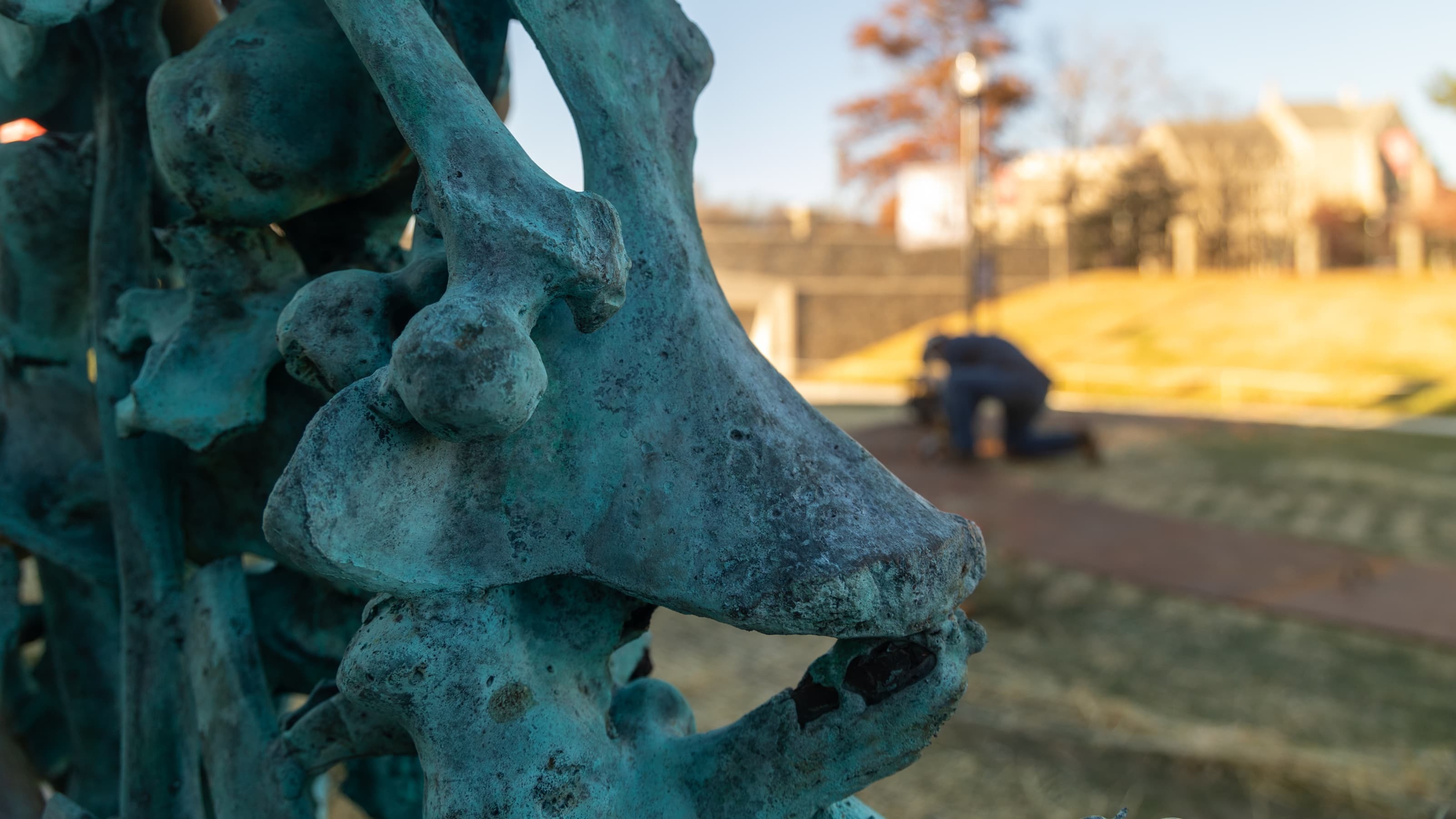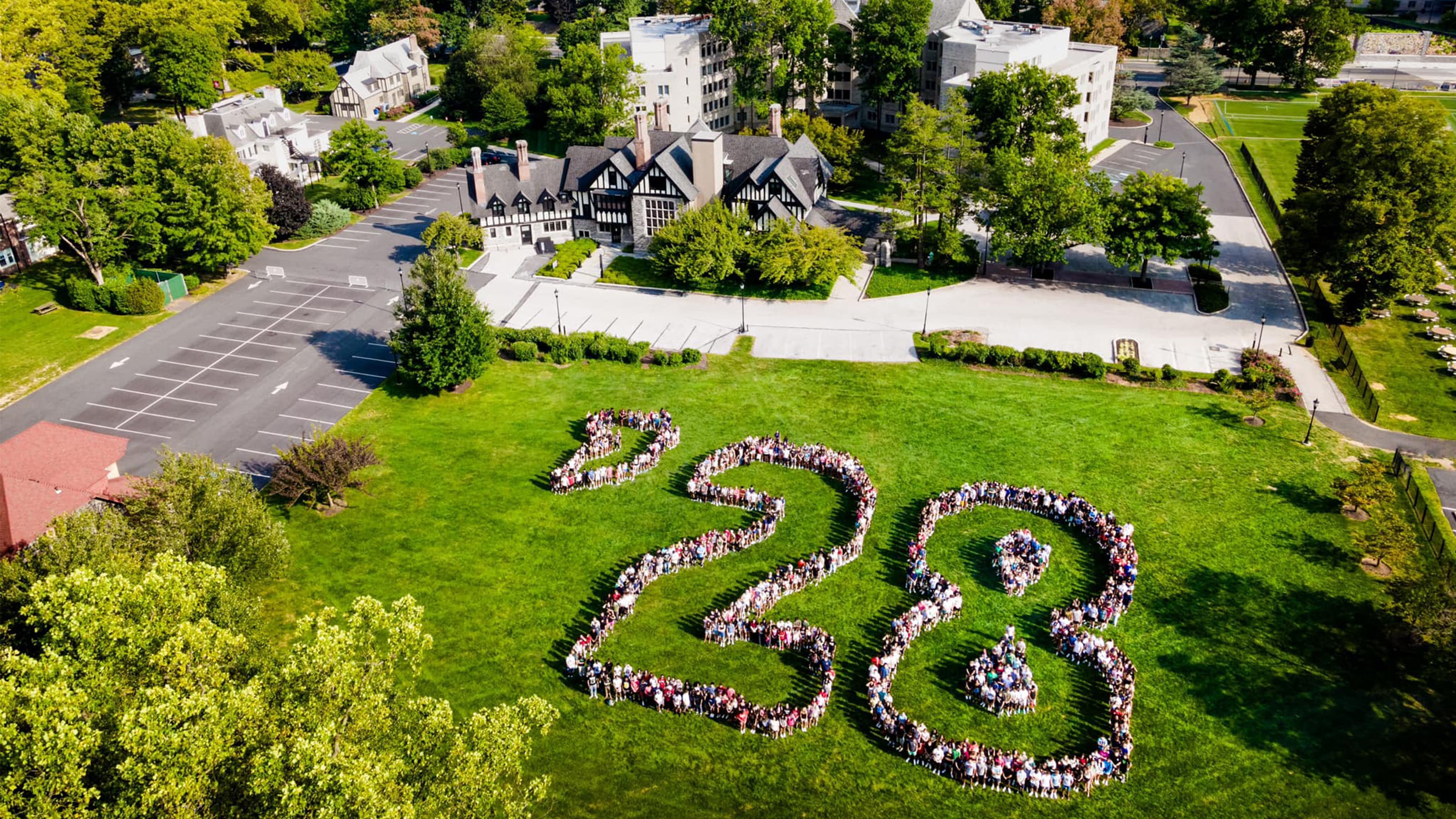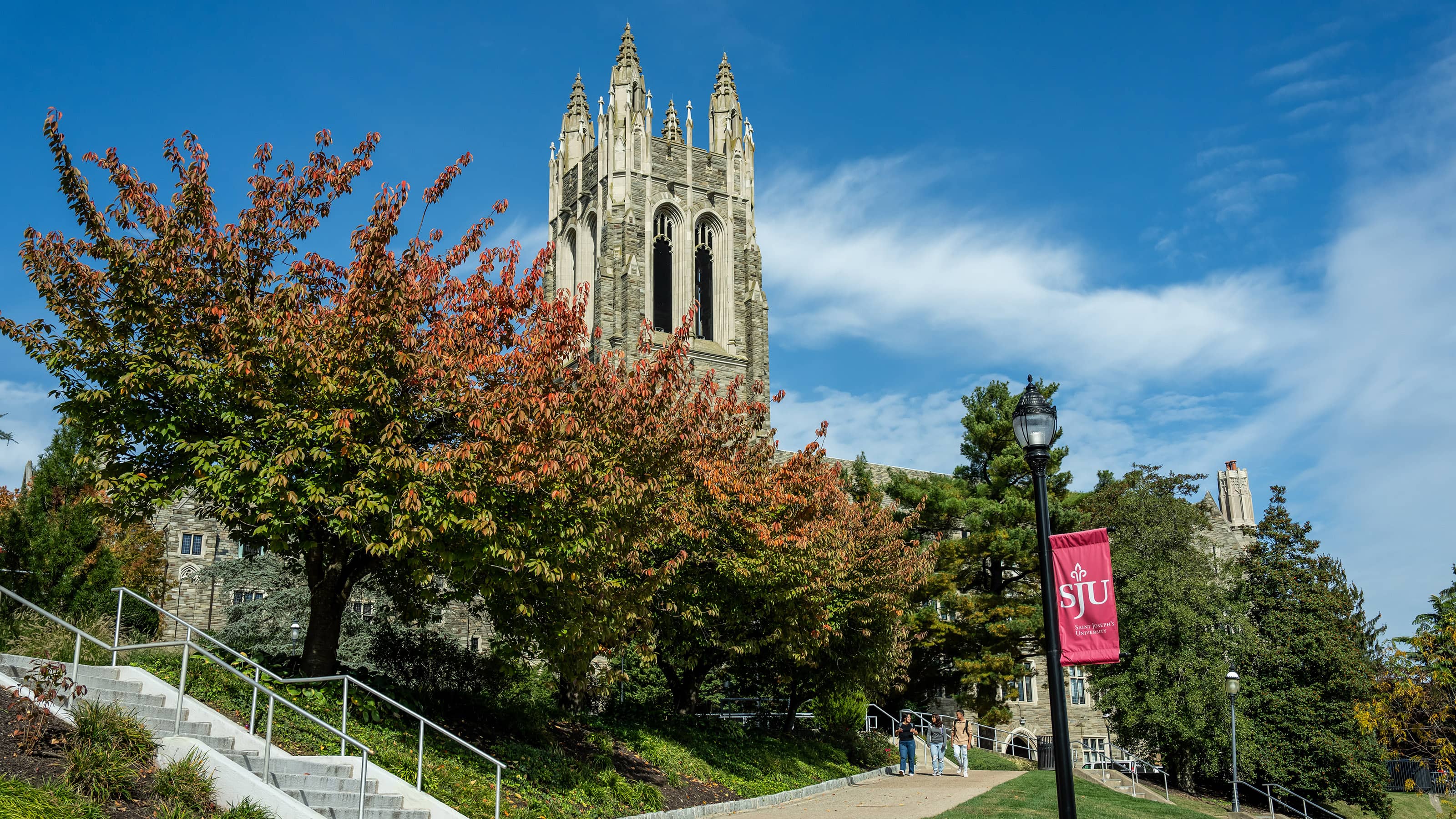Celebrate the Holidays with New Traditions
In an unusual year, the 2020 holidays call for new ways to celebrate. Follow these tips from SJU faculty and the dean of the School of Health Studies and Education.

The holiday season is a time for traditions, rituals and family gatherings but in a year that’s been anything but traditional, how do we keep the spirit of the season alive?
We talked with Angela McDonald, Ph.D., dean of the School of Health Studies and Education and former counselor and mental health expert, about how you can mindfully navigate this time of year. Kim Logio, Ph.D., professor of sociology, and Elizabeth Lee, Ph.D., assistant professor of sociology, also weighed in on how to view our current traditions and make new ones. Here are excerpts from our conversations.
Why are the holidays so significant and why do they impact us so profoundly?
Angela McDonald: Rituals, such as those that are a rich part of the holidays, are a really important part of family life, connecting us to each other and reinforcing our shared narratives about what it means to be part of a family. It is an opportunity to be reflective and demonstrate our values and commitment to each other.
Elizabeth Lee: Sociologically, one reason holidays are so important is that they are venues for enacting shared rituals with loved ones. These rituals help us to feel connected to one another. Holidays are also part of how we understand ourselves and affirm important aspects of our identities. Eating particular foods and doing particular things, whether carving pumpkins or lighting candles, singing songs or getting out decorations, help us connect.
How do we view past traditions if we’re unable to observe them this year?
Lee: Not being able to share and celebrate in our usual ways doesn’t make traditions less important or meaningful and in fact, finding new ways to honor our traditions can both reinforce their importance and help us to reinvigorate our feelings about them. Figure out what is the core of that tradition for you. Is it time with family? Maintaining an identity? Connecting to community or loved ones? Then, see how you can speak to that core function. The key here is connection to the people who are important in our lives. Although we may not be able to connect in the ways we have traditionally, we can find new ways to do so. Though perhaps not more time on Zoom!
Are there new traditions we can create that will bring meaning to the holidays?
McDonald: Our typical ways are turned upside down this year with so much changed, suspended or unavailable to us because of COVID-19. Families that can be flexible and have upfront conversations about expectations will likely be able to manage through this unusual time more effectively.
Lee: Our current circumstances may prompt us to develop new traditions or get rid of old ones that maybe outlived their time. This might be about how we spend time together and needing to be more creative to do so. Alternately, this might be about taking care of our mental health and the mental health of our loved ones. All of these changes can become meaningful new traditions that shape future holidays.
Does our Jesuit tradition offer guidance?
Kim Logio: Members of the Saint Joseph's University community know how important it is to care for the whole person. The holidays are a good time to focus on care for ourselves and our loved ones. Many of us need the holiday break to relax and reset. We recognize that those around us need the same opportunity. Perhaps the Jesuit tradition can remind us that the holidays are not really about gift-giving and decorating stress. Instead let's remember that time together, time to reconnect and time to reflect on our gratitude and love for one another is the true gift of the holiday season.
Seven Ways to Create New Holiday Traditions
1. Choose a favorite recipe and have everyone make it from their homes, wherever they are. Share the process and results by texting pictures.
2. Make a TikTok video of your holiday singing or craft-making and share it with friends and family.
3. Set aside reflective time with those close to you by walking, meditating or reading together, or simply taking time to do so yourself.
4. Keep finances under control by exchanging cards instead of gifts, or homemade gifts instead of store-bought, or doing a gift exchange under a certain price point.
5. Direct some money or time toward centers in your community that are supporting people facing difficult circumstances.
6. Make a list of all the things in 2020 that you are grateful for.
7. Let go of old habits and traditions that might be holding you back.



